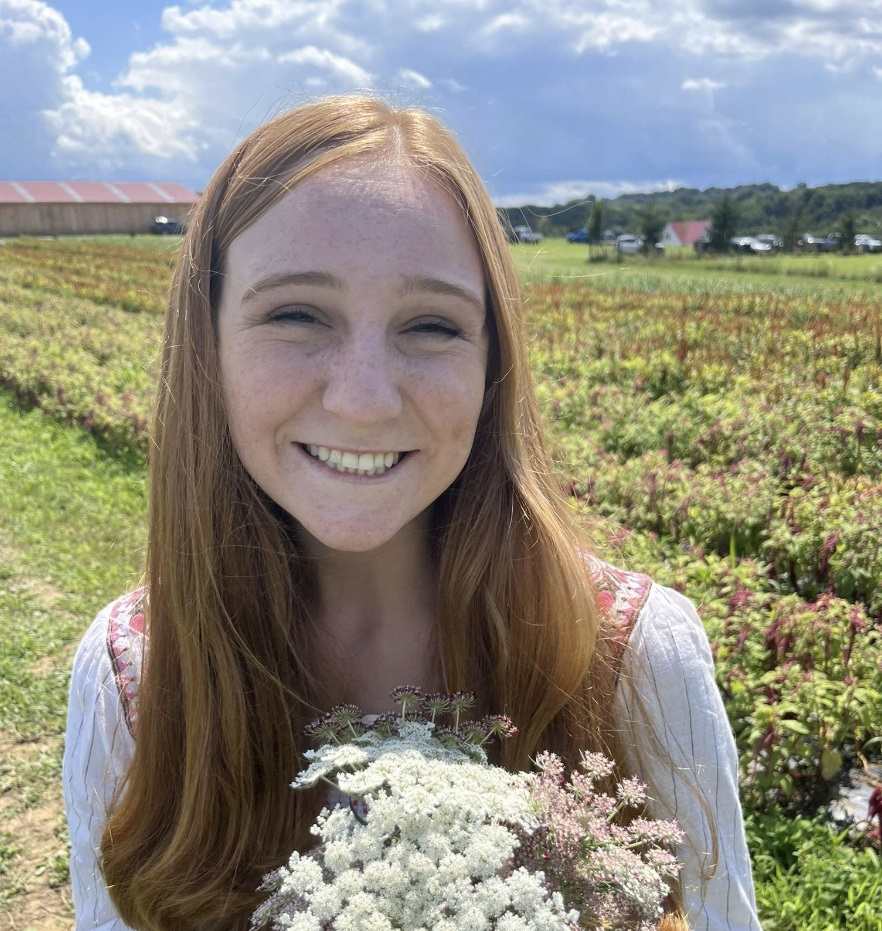Alum Bridges Language Differences in Des Moine Hospitals
When John Redlin was a high school student taking Spanish, he started looking outside the classroom for ways to learn. At the Cary, N.C., retirement home where he worked part time, he found ways to connect with Spanish-speaking co-workers.
“There was a guy in the kitchen who was Hispanic, and every day when we were together we’d speak Spanish,” Redlin says. “I had the opportunity to apply what I was learning in school, and I started learning about culture, food, music.”
That love for the language and desire to connect with others brought Redlin to his current occupation as a Spanish language interpreter for the major hospitals in Des Moines, Iowa, where he helps patients navigate everything from insurance to medical advice.
“Every day is different,” says Redlin, who graduated from NC State in 2013 with a double major in sociology Spanish. “You come in ready for anything.”
After graduation, he did contract interpreting work for agencies in the Raleigh area, where his most challenging assignment was working at a psychiatric hospital in Butner, North Carolina. Today, working for UnityPoint Health, a health care system that runs the major hospitals in Des Moines, his most difficult times come when he has to give bad news to a family.
“There’s an emotional burden,” Redlin says.
He once had to tell the family of a five-year-old that the child was not going to survive. “I have to remain calm, I have to remain unbiased, but I have emotions too,” he says. “The important thing is to make sure the family understands what’s going on, to make sure the staff understands any concerns.” He was able to eventually talk to the family about organ donation. “At the end of the interaction, they were willing to go through the donor network,” he says.
Redlin describes himself as a “culturally competent” interpreter. “You’ve got to be someone who is able to bridge not just the language, but also different cultures,” he says. “You may be dealing with someone who has a different understand of how a process works.”
For instance, he says, immigrants may not understand why signatures are needed on so many consent forms. Redlin tries to make sure patients understand not only what to do, but also why they need to do it. He also remains aware of a patient’s education level, and knows when to ask a doctor to simplify information.
Understanding cultures is part of what Redlin enjoys about his job. At NC State, he helped Shelley Garrigan, an associate professor of Spanish, develop information for a graduate course on Hispanic culture called “Place and Identity in Hispanic Raleigh and Beyond.” Redlin and another student hit the streets and scouted out locations that would be appropriate settings for the graduate students to study.
And just as he did in high school, Redlin continued to look for opportunities to learn outside the classroom as a student at NC State. He was involved in VOLAR, a campus program that matches Spanish students with community groups who need help with translating. Redlin volunteered at the Consulate of Mexico, where he helped process paperwork for Hispanic residents, helped translate parent-teacher conferences, and at health fairs where he began to learn some of the medical vocabulary he uses today.
“I didn’t think I would end up doing that as a full time job, because I didn’t know it could be a full time job,” he says.
It’s a job he loves, although he hopes to eventually do something that would allow international travel. He works the second shift, from 3 p.m. to 11:30 p.m., but the hours can be unpredictable. “Some nights I don’t leave until 2 a.m.,” he says. “If I am with a patient, I stay until they don’t need me.”
- Categories:


